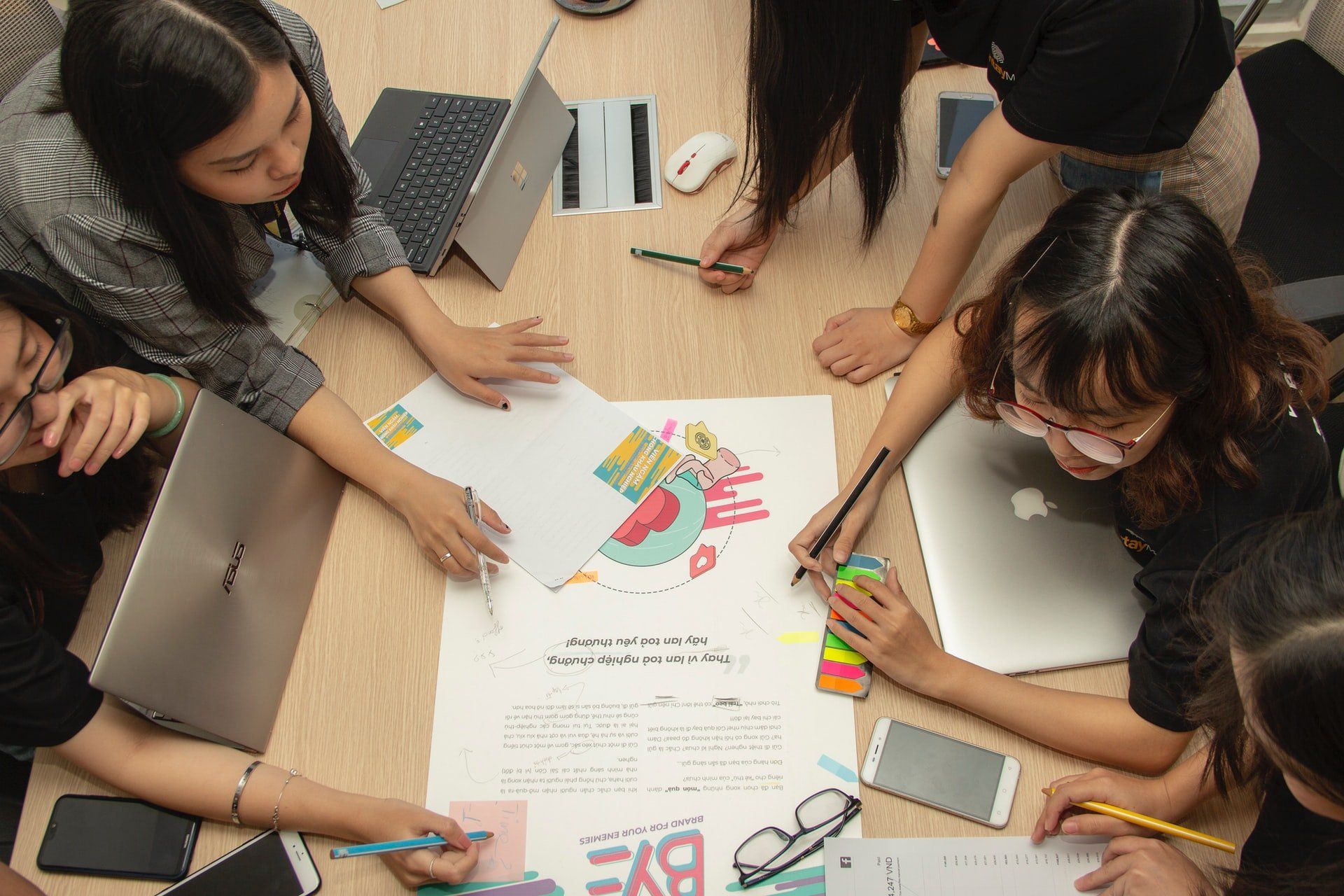So You've Been Rejected? What Now?
John Doe • September 18, 2016
A friend of mine (who shall remain nameless) was recently rejected from a gym she had attempted to join. The official reason for her rejection was communicated via a generic email sent to a number of ‘applicants’, outlining that “the commitment wasn’t there”. Mistakenly, I brought this topic up over coffee, after a chat with my Personal Trainer, who happens to be a competitive gym goer himself. Apparently, this particular gym is run by volunteer athletes. They are very selective who they allow to join and only admit ‘the best’. My PT has seen people turned away from this particular gym because they didn’t have enough “edge”. Turns out, weeks after the event, my friend is still smarting from the rejection and trying to find out what exactly went wrong.
She has have tried emailing, calling and running through possible scenarios. I mean, on paper, she fits the bill, she’s athletic (semi pro at one point), she has previous ‘gym’ experience, she is highly competitive and has the money to pay the fees. So why not let her in? It got me thinking. At one time or another, we’re all going to be rejected from something, whether it’s a gym, a relationship or a job. Sometimes we will receive constructive feedback, but most of the time we won’t. As recruiters, we have the unfortunate task of rejecting great candidates from jobs every day.
As much as I love my job, I don’t enjoy this aspect, but I have learnt that people handle rejection in different ways, some better than others. So how do you get past the possible embarrassment or disappointment without letting it hurt your ego and confidence?
1. You will probably be sad/ angry – Don’t act on anything while you are feeling this way. Chances are, you’ll say something you will regret and burn your bridges. There could always still be an opportunity within that business. People also have long memories.
2. Don’t take it personally – Remember, when you are considering a new job, there are another 20 applicants doing the same thing as you. One of the other applicants could be a better fit for that business and their workplace culture. Accept it and move on, there will be a better fit for you elsewhere.
3. Be gracious - Thank them for their time, the opportunity and ask to be considered for any future suitable opportunities.
4. In the few cases of a couple of candidates I’ve dealt with – DON’T STALK THE HIRING MANAGER . Pestering them after the fact will not endear you to them. You say tenacious, they say desperate.
5. Learn from it – This can be easier said than done. In the rare case that someone gives you constructive feedback, take it on board. Listen. They are trying to help you for the next time.
6. Move forward - If you don’t have legitimate feedback, is it really a place you want to work?
7. Remember your strengths – You’re going to add value to the right business, but like any relationship, you don’t want it to be one sided. Remember, you won’t always get feedback, the important thing is to not dwell on it. As for my friend? Well, her ego is still a little bruised, but they have now moved on to a new gym which is a better fit for her lifestyle. She has found a tribe which actually values her!
Find the job you love I Find the right talent
Get in touch with people2people
Australia
I United Kingdom
In business since 2002 in Australia, NZ, and the United Kingdom, people2people is an award-winning recruitment agency with people at our heart. With over 12 offices, we specialise in accounting and finance, business support, education, executive, government, HR, legal, marketing and digital, property, sales, supply chain, and technology sectors. As the proud recipients of the 2024 Outstanding Large Agency and Excellence in Candidate Care Awards, we are dedicated to helping businesses achieve success through a people-first approach.
Recent articles









